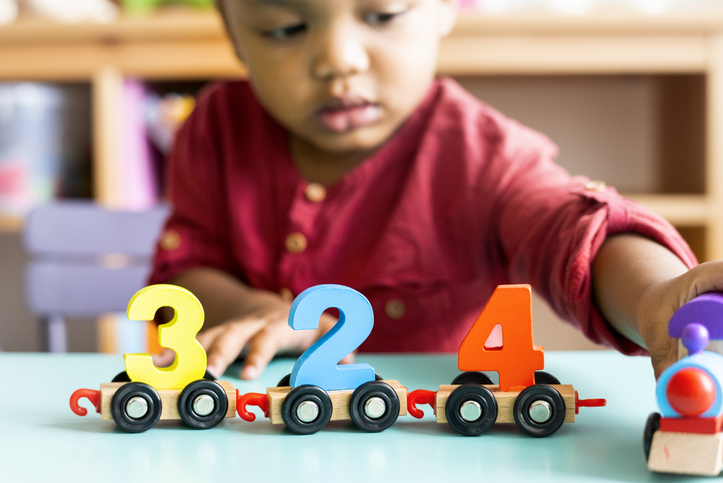Donna Wittmer and Sandy Peterson authored a landmark book on the subject. Titled Infant and Toddler Development and Responsive Program Planning: A Relationship-Based Approach, the book provides an in-depth look at this topic. You can access a fifty-page preview at PearsonHigherEd.com, and here are just a few highlights:
- In a relationship-based approach, professional caregivers will focus on helping infants and toddlers to “feel safe, valued, loved, and appreciated for their individuality and to be deeply connected with their family, culture, important adults, and peers.”
- This approach contains focuses on including children with disabilities and focusing on how these disabilities may impact learning.
- The concept of infant and toddler development and responsive program planning occurs through a cultural lens, meaning that professional caregivers will consider how people from different cultures typically navigate the learning process.
Professional caregivers at Horizon Education Centers use this approach as they treat each child with individualized respect and attention. If you have any questions about how we implement this approach in daily childcare, just ask! We’d be happy to talk.
At the heart of any developmental approach are milestones, and the Centers for Disease Control and Prevention (CDC) provides user-friendly, free information on this topic. Their milestones focus on how a child learns, plays acts, speaks, and moves at a certain age and, when listed for a particular age, this indicates that 75% or more children at this age have reached a certain ability.
For example, according to the CDC, a two-month-old baby can typically calm down when picked up by a caregiver, respond to loud noises, observe a person as they change locations, and move both of their arms and legs.
At six months, a baby can usually laugh, squeal, reach for a toy of interest, and roll from a tummy position to the back. At one year of age, it’s reasonable to expect a pat-a-cake game, waving goodbye, the ability to look for easily hidden objects, and pulling up to a standing position. At age two, your toddler will likely look at your facial expressions to see how you’re reacting to an event. Put at least two words together (go outside?), use buttons on a toy, and run.
Developmental Delays: How to Respond
If you ever have concerns about your child’s development in speech, movement, cognitive skills, social skills, or in another area, your pediatrician is your best go-to source—especially if they’ve cared for your child since birth. As WebMD.com notes, early treatment can help a child progress and perhaps catch up to typical developmental milestones. It may be, for example, that your child is having issues with hearing or eyesight that medical professionals can address.
To keep track of your child’s progress in ways you can easily share with your pediatrician, jot down information in CDC’s milestone checklist or use their milestone app.
Choosing the Right Child Care Center
Having certified, professional caregivers can also play a key role in nurturing your infant, toddler, and school-aged child through all the developmental stages. Horizon Education Centers provide quality childcare programming in multiple convenient locations.








